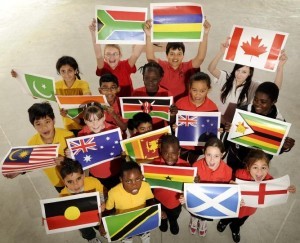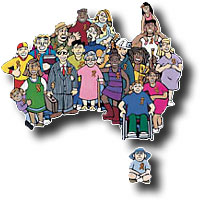Here is what Justice Street had to say about the argument:
31. Having listened to the transcript and taking into account the material that has been admitted into evidence, the Court is satisfied that the applicant had a genuine and meaningful hearing. This was a case where there were a multitude of inconsistencies in relation to the applicant’s evidence, a large number of which the Tribunal made reference to. The error in relation to risotto was an error in finding of fact and one which was entirely understandable, given the applicant’s pronunciation of rissoles in the phonetic manner “rizolos”.
32.Indeed that pronunciation of “rizolos” was on one view entirely consistent with the applicant not having any understanding of the menu and “rizolos” was not the item “rissoles”. The applicant could not explain how “rizolos” were made. It was the lack of understanding of the menu and how to make the items named that were the focus of questions by the Tribunal.









